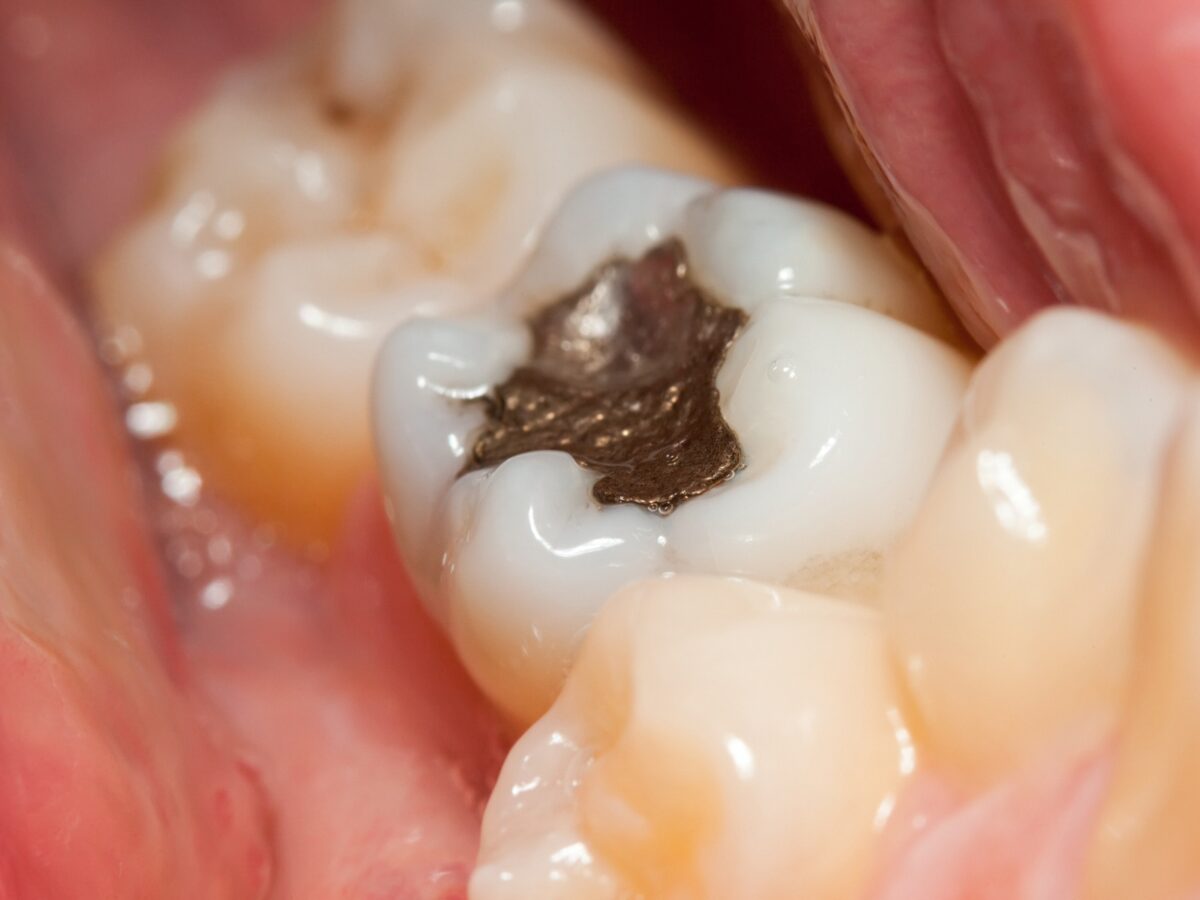A special needs child is someone who requires special attention and other related assistance that other children do not. In clinical diagnostic and functional development, children with special needs may have medical, mental, or psychological conditions. Special needs can range from autism, Asperger syndrome, Down syndrome, dyslexia, blindness, deafness, and so forth. Cleft lips and missing limbs are also included within the category of special needs. A student is engulfed within the umbrella of ‘special needs’ if their IG is between 20 and 35. The types of special needs differ in terms of severity, and provisions are made to support them in every domain of life. ‘Special Needs’ is also a legal designation in some countries and can be of significance during adoption and foster care procedures.
Obstacles In Dental Care For Children With Special Needs
Dental care for children with special needs is often challenging as their oral hygiene takes a back seat owing to other pressing health concerns. The mouth is very much a part of the human body and taking good care of it is vital. To understand the nuances of dental care for these special children, it is imperative that we first grasp the obstacles.
- It is common to witness children with Down’s syndrome and other genetic disorders get delayed tooth eruption. The consequence is that their teeth are poorly aligned and crowded. Hence, extra care is needed while brushing.
- Misaligned tooth results in several gum problems as a lot of pressure are put on the gums while chewing. The gums, therefore, are weakened, and gum bleeding is a common condition among special needs children. If ignored, gum issues cause bone damage and loosening of teeth. The habit of flossing can be hard to teach among special needs children but is very helpful in maintaining a good dental regimen.
- Numerous children with special needs have dry mouth because of incomplete mouth closure. A dry mouth fosters bacteria to stick to teeth and attack them, causing cavities. As such, proper rinsing after a meal is essential to avoid tooth decay.
Dental Care For Children With Special Needs
Studies reveal that children with special needs are more likely to suffer from dental problems than children with any disabilities. But, some extra effort can go a long way to help these children achieve immaculate oral hygiene.
The dental visits of the child mustn’t be skipped or ignored. Moreover, sticking to one particular dentist or professional is crucial as it provides the child with familiarity and helps in reducing anxiety. Establishing a good dental routine is vital. Although making the schedule may be demanding, but once established, the child can adapt to it quickly. Flexibility is the key for children with special needs, so allow your child to brush wherever they want and do not adhere to the bathroom only. Lastly, making your child comfortable with oral and dental care is of paramount significance.
In case of discomfort in teeth or gums, please visit your nearest dentist at the earliest.
Book Appointment to find out which treatment might be best for you.





